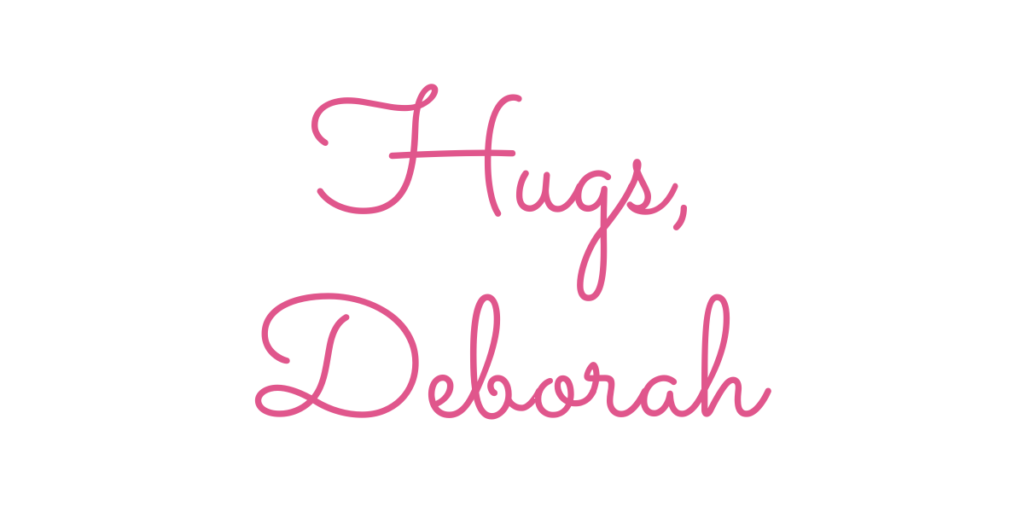
Signs my Dyslexic Daughter was Showing Before her Diagnosis
“What letter is this?” my 7-year-old daughter asks for the fifth time during the same reading lesson. I try to hide my frustration and respond, “That’s a ‘b’.” I realized after months of repeating the same question without seeing progress, witnessing her read ‘day’ as ‘bay’ or completely reading a word backward entirely, something was not right. My days and nights became endless hours of researching, desperately looking for an answer, a reason, a solution. Finally reaching the answer I knew in my heart all along, I made an appointment for her to see a neuropsychologist.
This post contains affiliate links, which means I receive a small commission, at no extra cost to you, if you make a purchase using this link. Please refer to my Disclosure page for additional information.
What is a Neuropsychologist?
The APA describes a Neuropsychologist as a specialty field within clinical psychology, specific to understanding the relationships between brain and behavior in regard to brain disorders. These specialists assess cognitive and behavioral functioning and study how behavior and skills relate to the structure of the brain to establish an appropriate and effective treatment.
My Daughter’s Test for Dyslexia
I’d never before heard of a neuropsychologist, nor did I have any experience with Dyslexia. I was terrified (was my daughter just never going to read?) and my overwhelm was inconceivable as I waited three long, agonizing months for her appointment. The test took a total of six hours which were split over two different days. The results took another two weeks which, of course, felt like decades.
As it turns out, the test proved not only does my daughter have Dyslexia, but also Dyscalculia, and a processing speed of 5%. Understood.org explains Dyscalculia as a learning difference that makes math difficult to learn and understand and explains processing speed as the length of time it takes to take in information and make sense of it before a response can occur. At 5%, this means 95% of children her age process faster than her. My heart shattered. No wonder we were going in circles during her reading and math lessons!
Our Neuropsychologist recommended Overcoming Dyslexia which I found extremely helpful.

Finding Hope
Learning the depth of my daughter’s struggles solidified my decision to continue homeschooling her. While her Dyslexia is a continued struggle for her, she has thrived with a personal tutor who practices the Barton method, a reading curriculum highly recommended for students with Dyslexia. With the proper help in place for her, she quickly advanced from an early kindergarten level reading to late third grade in two years. Her confidence grew and her frustrations lessened as her love of books grew.
Looking Ahead
My girl’s resourceful nature amazes me each day. At eleven years old, she has discovered ways to write and perform plays with her friends, create interest projects, and keep personal journals by utilizing the technology available to her. I have witnessed her asking Siri how to spell words, dictating via voice to text on a Word doc, or using her Franklin speller to assist.
Her creativity, intuition, compassion, and determination are abundant. While I was once a worried, sleepless Mom about my daughter being a slave to her Dyslexia, I have now learned she will thrive and grow into a well-rounded, resourceful young lady who has the world at her feet.
RESOURCES:
International Dyslexia Association
If you have a child struggling with Dyslexia, I’d love to hear your story. Please share or leave a comment below.

